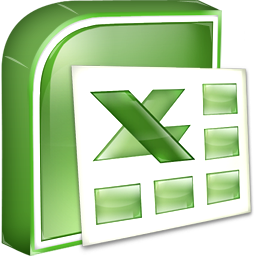1 min read
ERP Implementation Tips: How to Avoid 2 Common Mistakes
ERP Implementation Tips: 2 Common Mistakes Implementing an enterprise resource planning software system is often the first step for companies that...
2 min read
John Peace Wed, Dec 17, 2014

As ERP implementation specialist and ERP consultants, we help clients who deal with business challenges to help them with tools to grow. One of the top business challenges our clients face is deciding whether to replace their current ERP (Enterprise Resource Planning) software systems with a new one. Choosing a new ERP system and vendor is a difficult decision. Every organization has unique needs and requirements, so ERP will never be a “one size fits all” solution. At Accountnet, we help our clients navigate this difficult decision by conducting a thorough needs assessment and assisting with the ERP software selection process to determine the solution that best suits their business needs.
Before you start narrowing down your list of ERP systems, it’s important to have a basic understanding of what ERP software is, where and how it originated, and what are some of the benefits and drawbacks. Here are a few quick points to know:
Along with the many benefits and advantages, you should understand the potential problems you may encounter BEFORE moving ahead with purchasing an ERP system. ERP systems can prove to be complex and difficult to customize – make sure you have the support and guidance of a trusted ERP vendor. Accountnet is a Gold Certified Partner for Microsoft Enterprise Resource Planning. Contact us to learn more about how we can get your business started with ERP.
Our Accountnet ERP experts offer a needs assessment service that will help you determine your business’s unique requirements and find the right ERP and BI reporting solution for you. We are a Gold Certified Partner for Microsoft Dynamics, and can help you determine whether Microsoft Dynamics GP or Microsoft Dynamics SL, paired with powerful BI reporting tools, might benefit your operation or whether a cloud ERP solution, like Acumatica, is a better fit. Contact us to take advantage of a free needs assessment to get started.
At Accountnet, we have helped hundreds of companies take the step towards the cloud. Our experienced and dedicated team of ERP consultants offer a free phone consultation and a no-obligation review of your software to help you determine the right solution for your company. Drop us a note or give us a call at 212-244-9009 to get started.

1 min read
ERP Implementation Tips: 2 Common Mistakes Implementing an enterprise resource planning software system is often the first step for companies that...

4 Tips for a Successful ERP Implementation - Get a Team Together When it comes to the successful implementation of your new ERP software - the...

ERP Implementation Consultant: The Rise of the Cloud & Excel-Based Reporting Tools If you have undergone an ERP implementation over the last decade,...